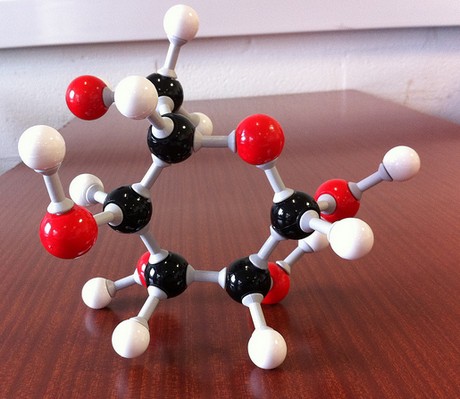
25 Oct Sleep-Wake Differences in Relative Regional Cerebral Metabolic Rate for Glucose among Patients with Insomnia Compared with Good Sleepers.
Hypothesis – insomnia involves an altered pattern of activity in brain regions most strongly associated with affective processing and sleep-wake promotion.
There were 84 participants
Objective – compare relative regional cerebral metabolic rate for glucose in brain regions across wake and nonrapid eye movement (NREM) sleep states in patients with primary insomnia (PI) and good sleeper controls (GS).
Results – significant interactions were found in the precuneus/posterior cingulate cortex, left middle frontal gyrus, left inferior/superior parietal lobules, left lingual/fusiform/occipital gyri and right lingual gyrus compared between PI and GS.
Conclusion – Insomnia characterised by regional alterations in relative glucose metabolism acros NREM sleep and wakefulness. Significant interactions in relative rCMR suggest that insomnia is associated with impaired disengagement of brain regions involved in cognition (left frontoparietal), self-referential processes (precuneus/posterior cingulate) and affect (left middle frontal, fusiform/lingual gyri) during NREM sleep to impaired engagement of these regions during wakefulness.
This study is testing whether insomnia involves altered patterns of regional glucose metabolism across sleep-wake states in their participants. Based on clinical features of insomnia and current models of sleep-wake neurobiology and previous neuroimaging studies on insomnia – they hypothesised that primary insomnia would have altered patterns of relative glucose metabolism between wake and NREM sleep in brain regions involved in cognition, self-referential processes, affect and sleep-wake promotion compared to good sleep control subjects.
References:
Daniel B. Kay, PhD; Helmet T. Karim, BS; Adriane M. Soehner, PhD; Brant P. Hasler, PhD; Kristine A. Wilckens, PhD; Jeffrey A. James, BS; Howard J. Aizenstein, MD, PhD; Julie C. Price, PhD, Bedda L. Rosario, PhD; David J. Kupfer, MD; Anne Germain, PhD; Martica H. Hall, PhD; Peter L. Franzen, PhD; Eric A. Nofzinger, MD; Daniel J. Buysse, MD
http: //dx.doi.org/10.5665/sleep.6154

